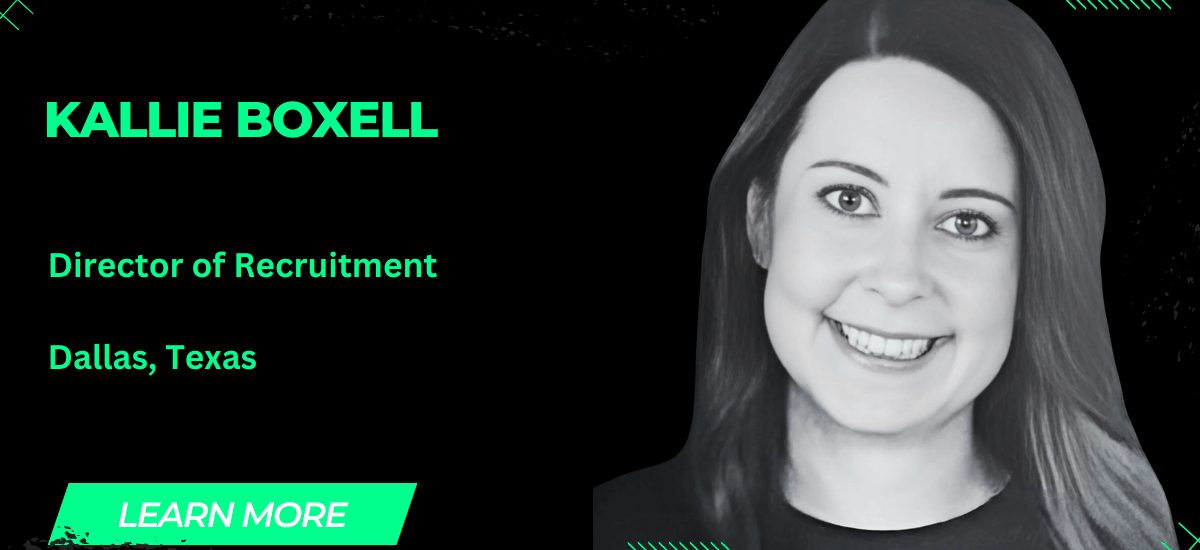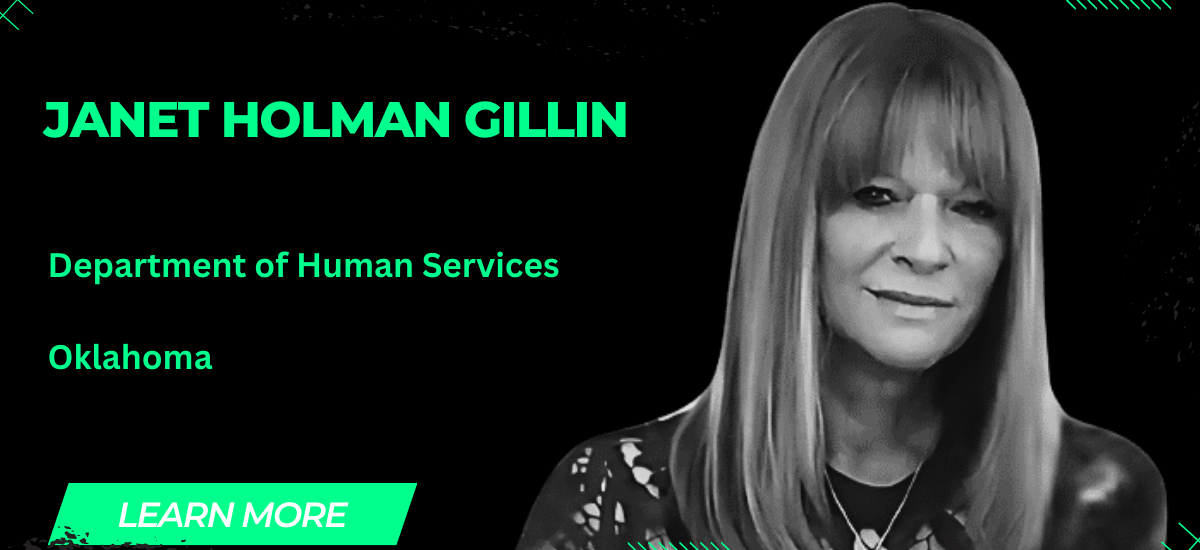Wyatt Leonard
Colorado service advisor Wyatt Leonard offers useful advice for entrepreneurs at any stage. Wyatt’s journey—from being the top student at Justice High School to teaching himself day trading and now working as a Service Advisor


Colorado service advisor Wyatt Leonard offers useful advice for entrepreneurs at any stage. Wyatt’s journey—from being the top student at Justice High School to teaching himself day trading and now working as a Service Advisor

Juddson Culpepper, owner of Forza Resources in Fort Worth, Texas, has an inspiring journey shaped by a deep love for the land and a passion for the energy industry. His path to success wasn’t easy,

Meet Dr. Anas Shargawi, an industrial engineer in Wichita, Kansas, known for his innovative approach and focus on improving how things work. He earned a Ph.D. in Industrial, Systems, and Manufacturing Engineering from Wichita State

Kerry Gifford, from Mahomet, Illinois, has had an incredible career journey, and it’s anything but ordinary. Growing up, he was a cross-country runner at Mahomet-Seymour High School, and that spirit of determination carried him all

Jared Clarke is a Texas-based entrepreneur and the driving force behind Forza Resources, a company specializing in land management, GIS mapping, and database management within the oil and gas industry. With a footprint spanning multiple

SurveyNow recently sat down with Michael Cokins, a Houston native who has built an impressive career in the insurance industry, starting as a claims adjuster for State Farm and now holding a leadership role in

Rachel DeSoto-Jackson believes in the power of education to create meaningful change. She has dedicated her career to making learning spaces more inclusive, helping people grow, and using creativity to solve real-world challenges. Whether she’s

In Richmond, Virginia, the name Joe Henschel is synonymous with reliable home repair. With nearly two decades of construction experience and a work ethic shaped by years in both retail and renovation, Joe has built

Meet Kallie Boxell, the Director of Recruitment in Dallas, Texas. With a talent for building strong teams and a passion for helping others grow, Kallie brings both strategy and heart to the world of recruitment.

For Janet Holman Gillin, helping others isn’t just a job. It’s who she is. Over the years, she has worked across child welfare, developmental disabilities, and job coaching—always with one goal in mind: to guide